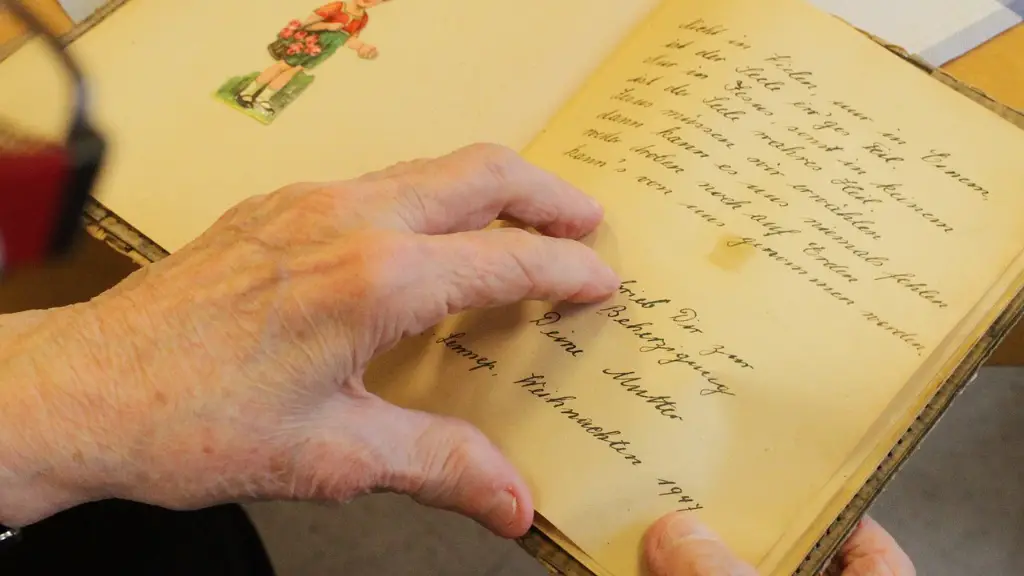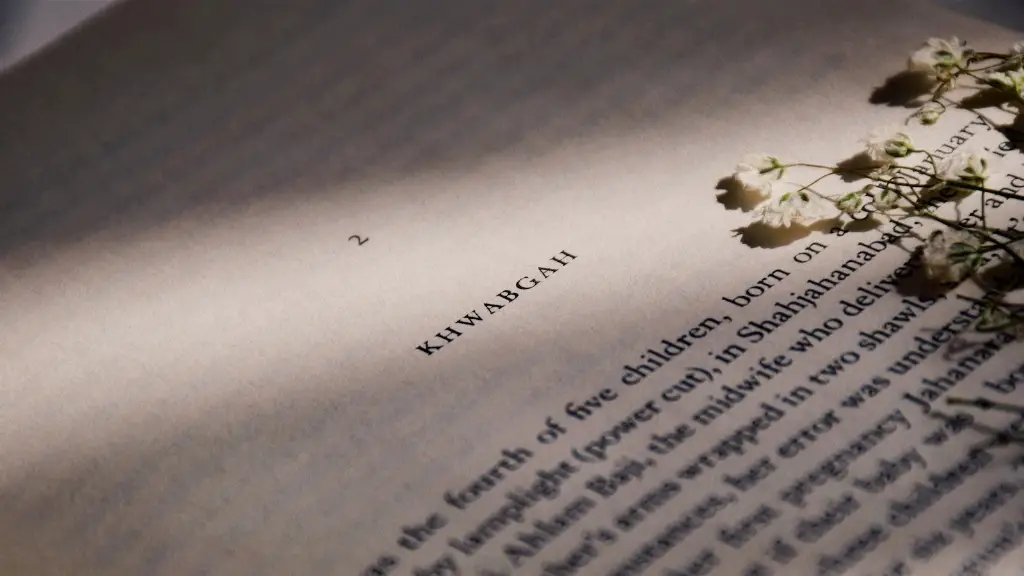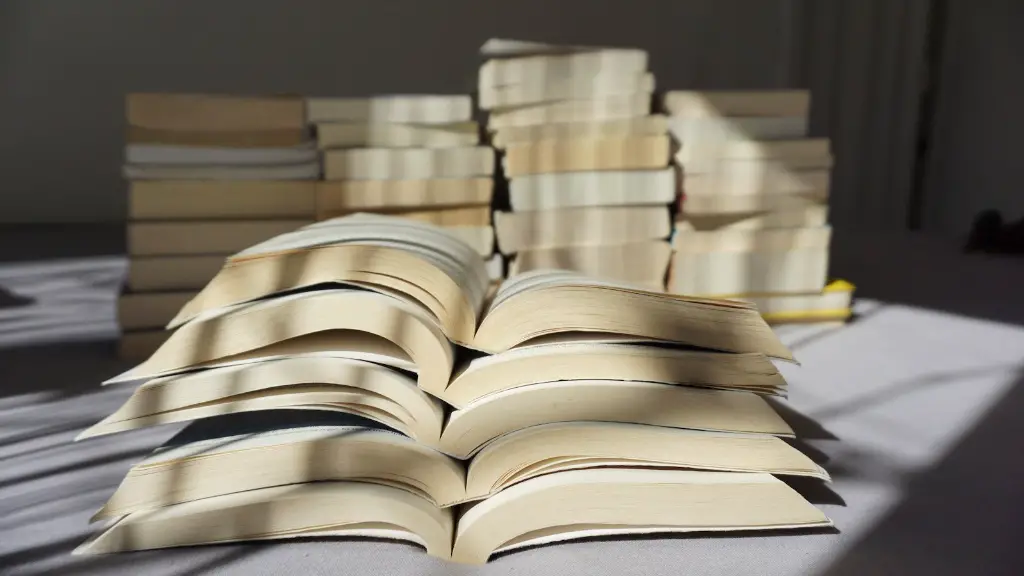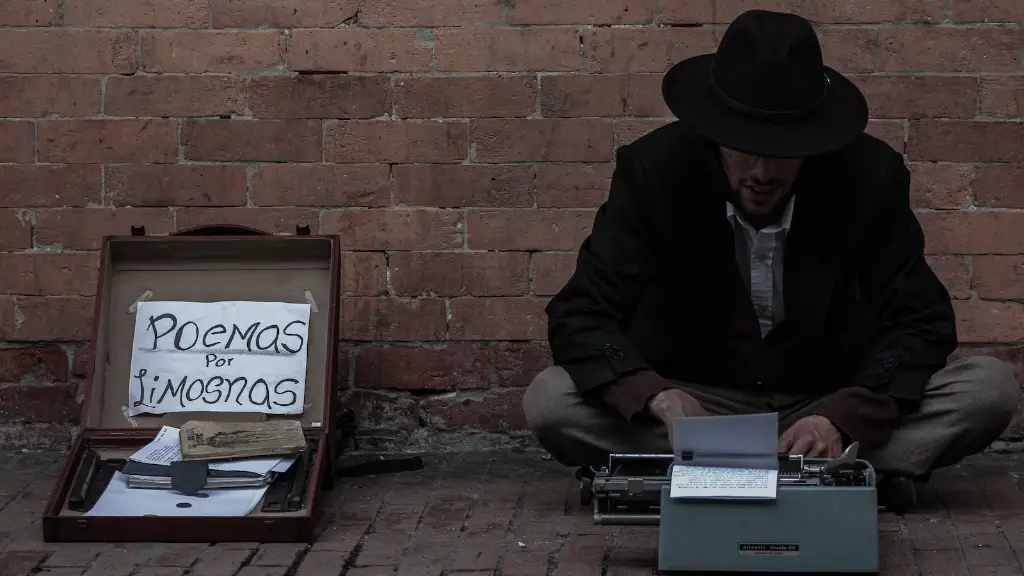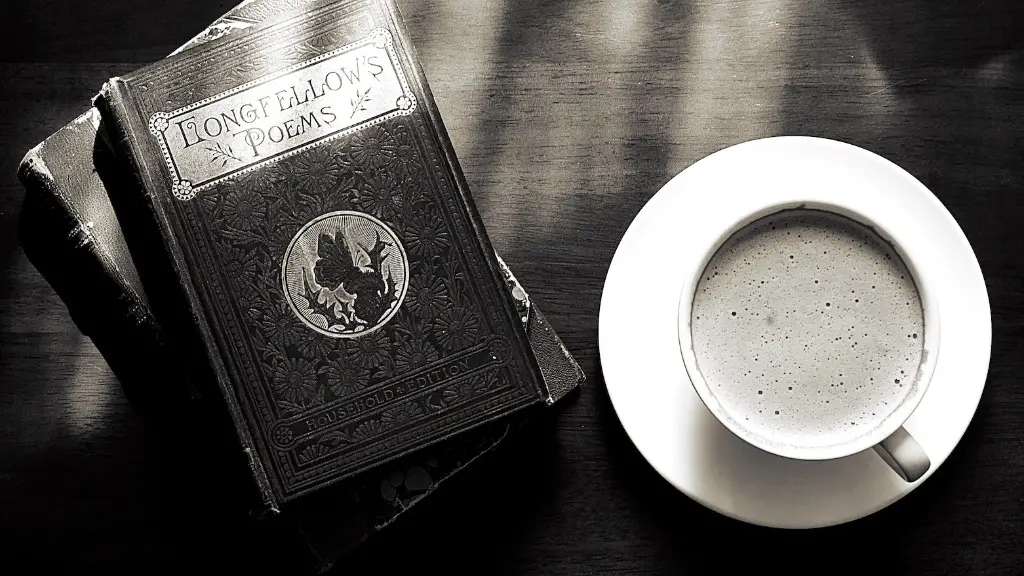Tips for Writing Poetry Submissions
Writing a bio for a poetry submission can be a challenging but rewarding task. Paired with good poetry, a well written bio showcases an author’s writing style and introduces their work to potential readers. Whether submitting to a competitive magazine, agency, or publisher, your bio should stand out and effectively express who you are as a poet.
First and foremost, be honest and concise. Do not list outdated or exaggerated accolades, particularly those that may look good on paper but don’t represent your true writing personality. Instead, focus on only positive, relevant information that might affect the reader’s opinion of your work. For instance, if you are a semifinalist in a writing contest, be sure to include when, where and for which poem it was awarded.
To ensure that your bio is informative and stand out from the competition, consider including a few facts about yourself. Are you a budding poet? What type of themes or feelings does your poetry reflect? Do you belong to any poetry groups or publications? Provide a unique or interesting background story or attribute that makes you unique as a writer.
Always provide a brief sample of your poetry that exemplifies your writing style. Keep it short and to the point, as you will want the readers to focus primarily on your bio and not the work itself.
Next, include links to your blog, website and social media pages so the reader may explore your work more thoroughly. Also consider adding an image to prevent the reader from automatically discarding your submission. Adding an appealing headshot or a visually-interesting image of your book will help create an impression of who you are and make your work stand out from the crowd.
As you complete your bio and prepare the final submission package, remember that the goal is to make a meaningful connection with the reader. Don’t try and sell yourself in too promotional a fashion – be honest and humble in your writing, but confident in your skills.
Developing Your Poetry Style
To produce truly outstanding poetry, authors must have raw talent, sources of inspiration, and a critical eye. While some may have a natural gift for poetry, others may require honing their skills and working diligently to refine them. Expand your poetic writing skills and develop your style, either on your own or by taking a workshop.
The workshop setting allows for personal interaction and critique from not only peers, but from highly acclaimed poets who can provide first-hand guidance and advice. Utilize this opportunity for gathering constructive criticism and build confidence in your writing.
Take the lessons from each meeting, remember the advising of your peers and mentors, and use those teachings to continuously hone your skills and develop your signature style. It will take time and practice to perfect, so don’t expect to be a master poet instantly. By knowing the techniques and understanding when to use them in your writing, you can slowly instill your own definition of lyricism into your words. The process doesn’t have to be arduous; it merely requires an open mind and a patient heart.
It is important to find an excellent poet or a workshop that can support you in various methods such as through online courses, study groups, and one-on-one teaching. Attend lectures and read the work of other poets to evaluate the influence that each of their individual writing styles have on your own. Assemble an array of thought and artwork to examine, learn from and be inspired by. Always remember to rise above the basic fundamentals to discover where true literature exists.
Marketing Poetry Submissions
The editing and proofreading stages are complete and your bio is in order. After carefully selecting the magazines and contests to which you will submit your work, keep an organized list that includes submission guidelines, fees and deadlines. Utilize social media, particularly Twitter and Instagram, to market your work by capturing an audience that appreciates your style. Additionally, consider co-authoring with professionals or including your poems in anthologies or magazines.
Writing competitions are excellent opportunities to promote your work. Though you are unlikely to win every competition to which you submit, simply participating yields its own rewards, such as getting feedback from judges and readers. The more competitions you enter, the greater the chances of your work being noticed; publishers and agencies often scour writing prize lists for talent. As a result, you may find yourself increasing interest in your work.
Create an online presence by creating a website, blog, or both. Set up a contact form, where readers can inquire about your poems and post comments. Feature a few pieces on your site, explain your talents and interests, and link to relevant services and organizations. Finally, write thoughtful, powerful poetry and develop an impressive portfolio of extraordinary works.
Elements of Poetry Writing
In order to produce proper poetry, you must learn to master the fundamentals of language, such as syntax and diction. Understanding these aspects will help you raise the bar of excellence in your writing and make that connection with your readers. Start by familiarizing yourself with the basics—punctuation, rhythm, imagery and meter.
When writing poetry, keep in mind the amount of inspiration necessary to maintain its creativity and originality. It can be easy to become misdirected and dependent on others when writing poetry. To ensure this does not occur, find a reliable source of inspiration that you can turn to when in need. It may come in the form of nature, books, movies or dreams.
To produce a masterpiece, cultivate an analytical attitude and approach the concept of building words with a critical diligence. The accuracy and clarity of the language used should reflect vividness and emotion, and not just the mere summarization of what is said. Leverage a wide breadth of vocabulary to construct, accentuate and portray the desired effect of each individual piece.
Combining structured form and compelling language should be the goal for any poet attempting to make their work entertaining. Ideally, a poem should maximize its poetic features, like figurative language and sound, without reducing its grip on the reader. It’s also important to tweak an old standby to make it new and exciting. Try to find inventive ways to get an audience to engage with a timeless style.
Penning a Unique Poem
In order to stand out from the crowd, poets should strive to make unique or unusual choices. This includes topics, language and form. By creating a unique viewpoint or impressively new ideas, your poem will capture the reader’s attention and I’m sure, thrill them.
For instance, focus on undiscovered situations or incidents that you believe may have been overlooked. Incorporate cultural nuances and distinctive terminology so that the reader views and grasps the full potential of the poem.
Experiment with tone and shift in and out of standard poetic forms. Take risks and challenge conventions – don’t be scared to experiment with a line break, a pause, an unexpected rhyme, or works that tell stories instead of following a specific rhythmic structure.
Once the poem has been written, take the time to read it aloud and record it to be sure the rhythm, emphasis, and words fall into the pattern that you originally intended. If you are having difficulty developing your writing, sometimes it can help to read your poem out loud several times, making adjustments whenever necessary.
No matter what style of poetry you choose to write, never forget that the goal is to make a meaningful connection with readers and the core of your poem should be the creative focus. Crafting a poem that is unique and entertaining is among the most satisfying accomplishments a poet can realize.
